According to a White House statement, the US will limit the quantity and technical regulations on artificial intelligence (AI) chips when exporting to most countries, except for 18 close allies and partners of Washington. The US still maintains a ban on exporting AI technology to rival countries such as China, Russia, Iran and the Democratic People's Republic of Korea.
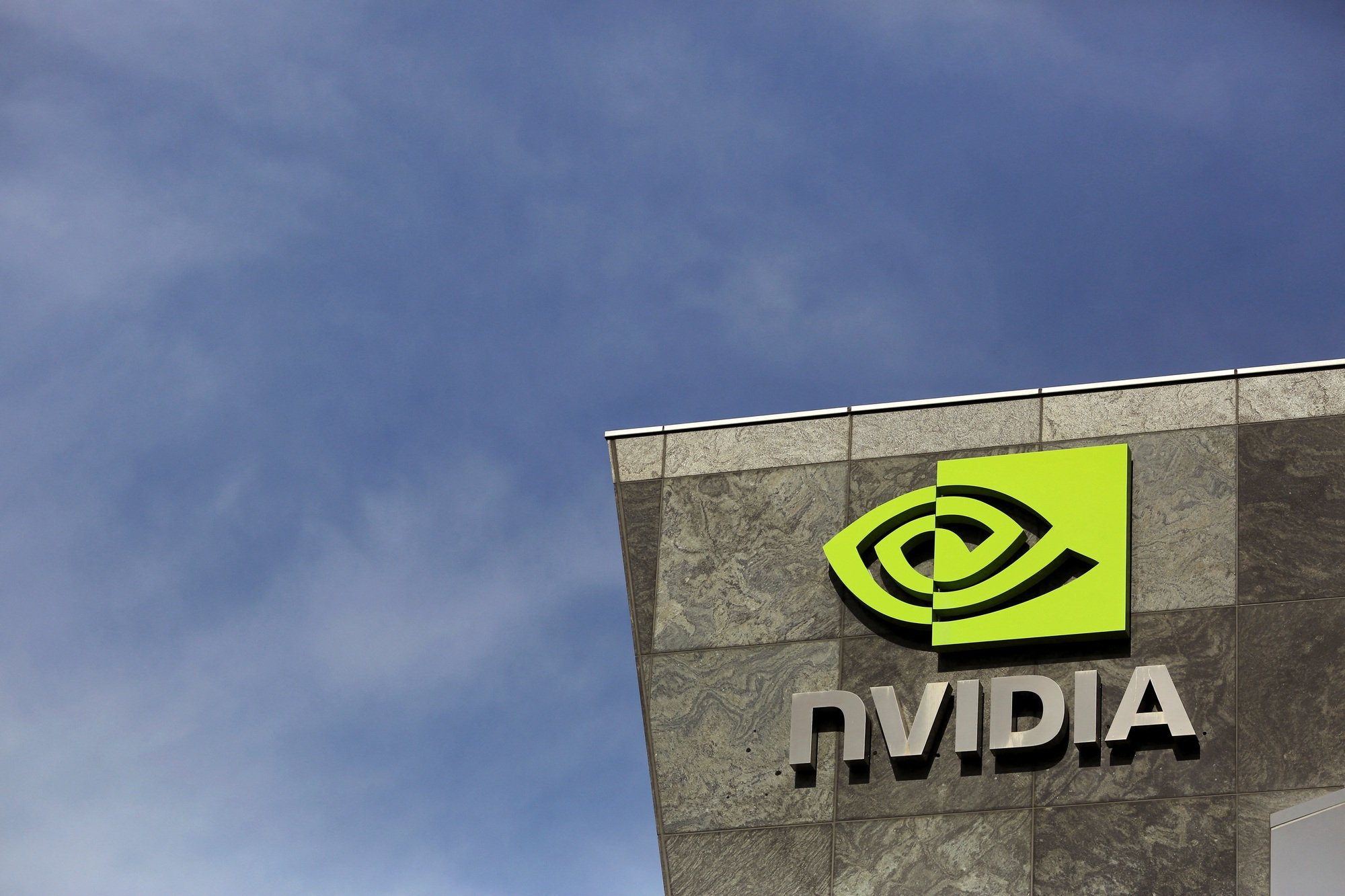
NVIDIA has criticized the US government's new move.
The restrictions focus on graphics processing units (GPUs), which are crucial for training and running AI models. The White House has said that mainstream GPUs, commonly used in schools, medical facilities, or gaming chips, will not be affected by the new rules. Observers say tightening exports could help the US close regulatory loopholes that could put high-end chips used to develop AI at risk of falling into the hands of competitors.
"With malicious intent, powerful AI systems have the potential to exacerbate national security risks, including the development of weapons of mass destruction and support of offensive cyber operations," the White House said in a statement. US national security adviser Jake Sullivan said the country must prepare for a rapid increase in AI capabilities around the world in the coming years, which could have significant impacts on the US economy and national security.
Reuters said the latest move shows the US's efforts to maintain its leadership in AI by controlling the global flow of AI chips. "The US is currently the leader in both AI chip development and design, and it is important that we maintain this position," said US Commerce Secretary Gina Raimondo.
According to China's Ministry of Commerce, in response to the new US regulations, Beijing will take necessary measures to protect China's legitimate rights and interests. The restrictions will take effect 120 days after their announcement, so enforcement responsibility will fall on the administration of US President-elect Donald Trump, after he takes office on January 20.
The new US regulation has met with discontent from individuals and businesses in the semiconductor industry, arguing that this could seriously damage America's global competitiveness in AI and its leadership in the technology market.
"We are extremely disappointed that a policy change of such magnitude and impact was rushed through just days before the transition of power without any meaningful engagement from the relevant industry," John Neuffer, president of the Semiconductor Industry Association, was quoted by Xinhua news agency yesterday.
Some leading technology companies in the US such as NVIDIA and Oracle criticized the above regulation as it will significantly affect sales and hinder the development prospects of the technology industry when exports are restricted.
The European Commission also expressed concern about the measures taken by the administration of US President Joe Biden, as some EU member states and domestic businesses will be affected by the restrictions. The European side believes that allowing EU member states to buy unlimited AI chips from the US will bring economic and security benefits to Washington instead of risks.
Source: https://thanhnien.vn/my-that-chat-kiem-soat-xuat-khau-chip-ai-185250114211046322.htm







![[Photo] Hanoi morning of October 1: Prolonged flooding, people wade to work](https://vphoto.vietnam.vn/thumb/1200x675/vietnam/resource/IMAGE/2025/10/1/189be28938e3493fa26b2938efa2059e)
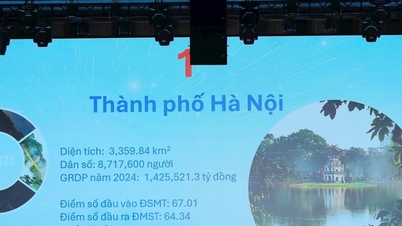

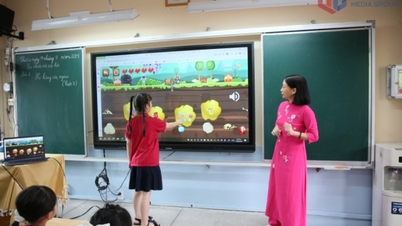




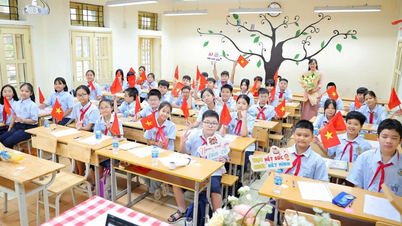

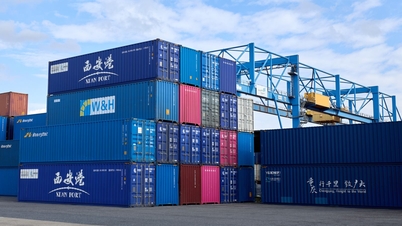
















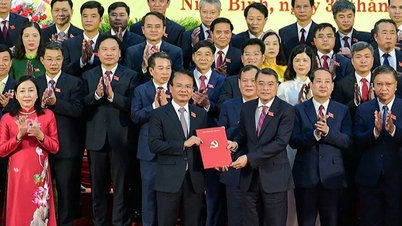

![[Photo] Panorama of the cable-stayed bridge, the final bottleneck of the Ben Luc-Long Thanh expressway](https://vphoto.vietnam.vn/thumb/1200x675/vietnam/resource/IMAGE/2025/9/30/391fdf21025541d6b2f092e49a17243f)
![[Photo] President Luong Cuong receives President of the Cuban National Assembly Esteban Lazo Hernandez](https://vphoto.vietnam.vn/thumb/1200x675/vietnam/resource/IMAGE/2025/9/30/4d38932911c24f6ea1936252bd5427fa)























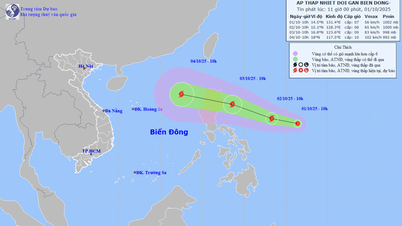
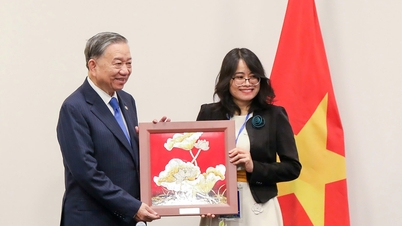
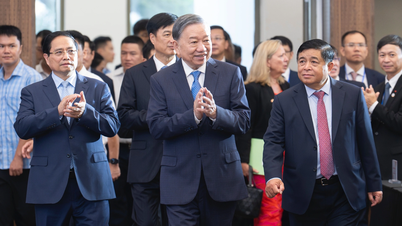






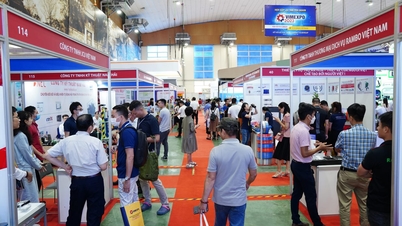





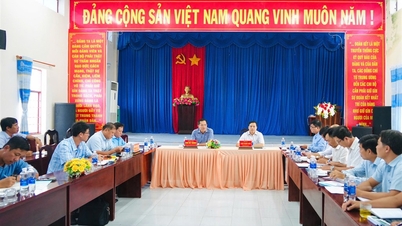




















Comment (0)